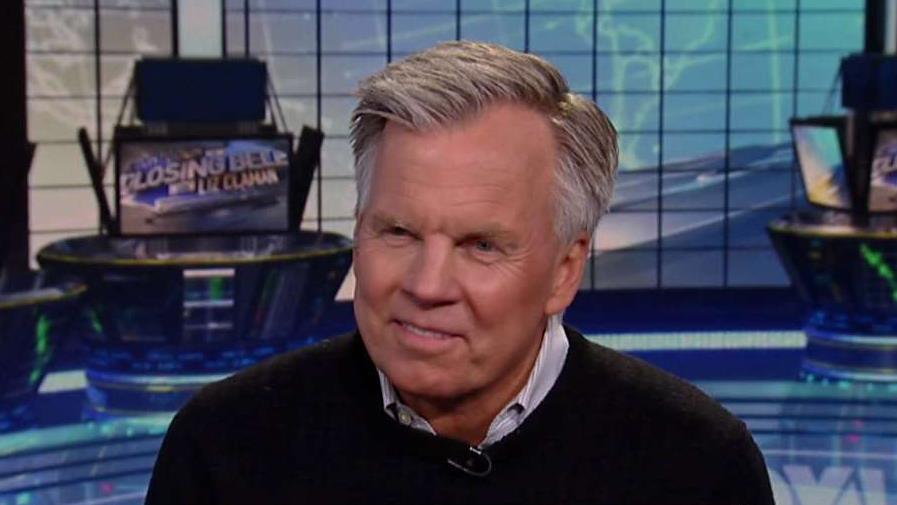Why brick-and-mortar retail may never make a comeback
As e-commerce becomes increasingly ubiquitous, its negative effect on brick-and-mortar retail may be irreversible.
As brands like Amazon, Walmart and Target continue to develop and innovate, conventional businesses are getting squeezed out of the market entirely, according to Ron Johnson, the former CEO of J.C. Penney. Johnson now heads Enjoy, a service that offers same-day, door-to-door delivery.
“It’s just time,” Johnson said on Thursday during an interview with FOX Business’ Liz Claman. “It’s unfortunate. The world moves too quickly.”
In 2017, the number of active U.S. stores declined amid a wave of closures and bankruptcies for the first time in nearly a decade. More than 6,300 stories closed last year, a trend that was worse among specialty apparel stores and department stores located in shopping malls (whose attendance has also significantly declined since the rise of e-commerce).
Prominent stores victim to the so-called retail ice age include Sears, Toys ‘R’ Us and BCBG.
“There’s so much innovation in how we buy, whether it’s Enjoy going through the door, Amazon evolving, the strong players like Target and Walmart figuring out how to do omni-channel,” he said. “There’s just not enough room for everybody.”
On Thursday, credit rating agency Moody’s Investors Service shifted its outlook on retail to positive for the first time since 2015. That’s largely because of investments in e-commerce and customers’ in-store store experiences, as well as a strong U.S. economy and low unemployment, Moody’s said.




















